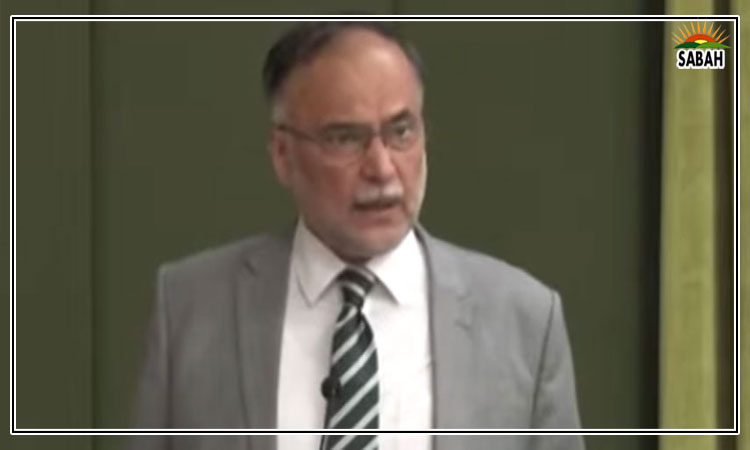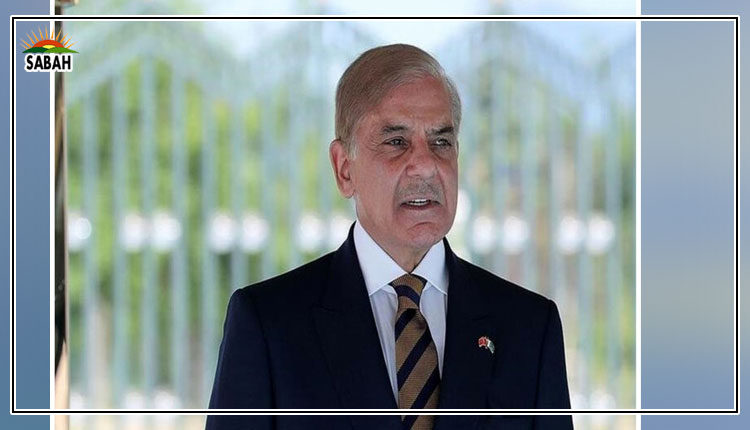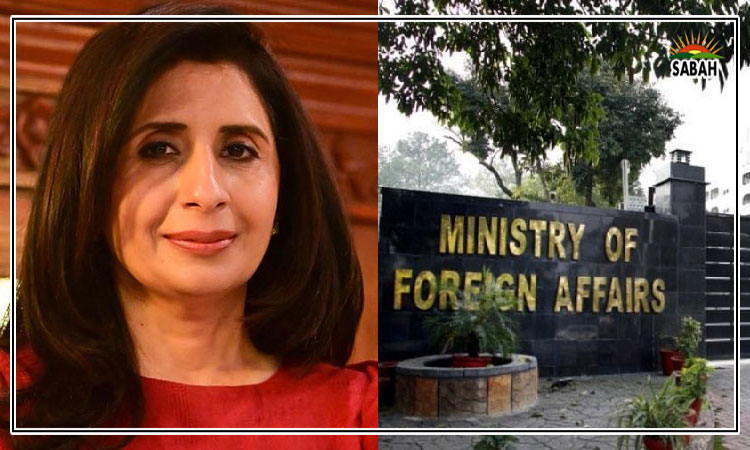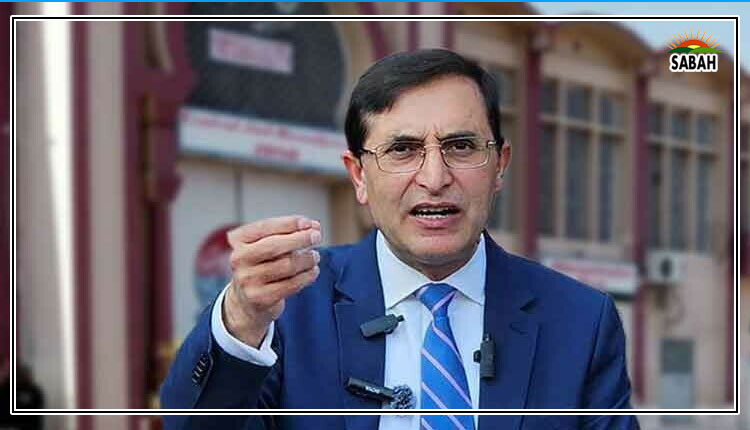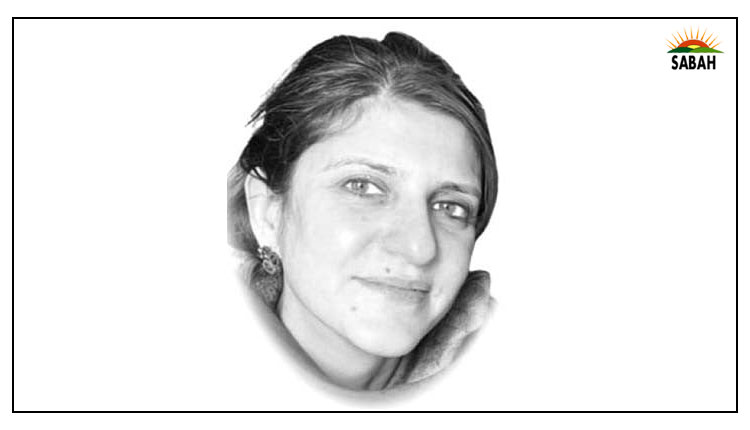Are social media platforms a double-edged sword?…. Nishaa Ishtiak
Where social media has revolutionised communications, it has also exposed us to our inner demons. Untamed and unbridled, it is slowly crouching over personal space by teasing emotions and more or less painting a delusional world. Day in and out we are faced with controversies taking place in the online world, where few hesitate to build a half-baked narrative and engage in personal vitriol. In this suddenly unbridled race fueled by behind-the-screens keyboards, it is not surprising for extremist viewpoints and intolerant temperaments to start becoming a norm. The questions thus arise: how much power have we unleashed onto ourselves to callously judge and form an opinion, channeling it through cyberspace? What kind of exalted egoists have we become by demeaning others and finding pleasure at the expense of someone elses anguish? Is it merely frustration that drives us or has the availability of an interactive space made it inevitable for us to reign in our unwarranted sentiments? The answers to these questions are scary; the mirror on the wall may not be calling most of us the fairest of all after all.
Information sharing is supposed to be liberating, but researches into the negative impacts of social media beg the question: has this liberation of thought made us unkind? Is the element of empathy slowly disappearing as we become more charged to throw around criticism based on our likability and take an aggressive approach to communicate our argument with undertones of rudeness?
In Journal of Democracy, Professor Ronald Diebert writes: The attention-grabbing algorithms underlying social media propel authoritarian practices that aim to sow confusion, ignorance, prejudice, and chaos, thereby facilitating manipulation and undermining accountability.
The click-bait is specifically aimed at getting viewership by coining together controversial statements which have not necessarily taken place. This points to another rather guilty behaviour pattern of savouring conflict and chaos. But, perhaps the more dangerous accompanying trait is of believability; the propensity to believe whatever is propagated online, form quick conclusions and move onto the next trending news is now merely an unconscious scroll.
The algorithms in themselves are not harmful, but the levels of toxicity exhibited online have a harmful impact on mental health. It is very easy to conjure a false sense of reality online while our desire for validation is slowly ingrained in the form of likes, reposts and hashtags. According to a 2018 Harvard study, the adrenaline rush you experience from likes on social media are similar to the effects of cocaine but with lesser intensity of-course.
It is also ironic that exclusivity remains intact in the online universe on the same lines as it did in the pre-digital world; either you are in the news or not, which can further instill feelings of loneliness and depression driving your moods. The desire for recognizance is nothing adverse but the urgency and the means to achieve this end are alarming. It is hardly surprising that studies have connected social media to delayed, disruptive sleep, memory loss and poor academic performance. The minute you are thrown off the popularity wagon, you scramble to climb back on and if not lucky can easily slip into an abyss from where only the social media gods can recall you. These necessary optics have now even proliferated workplace and have even become a validation for career profiles.
This is not a debate about the pros and cons of the rapidly evolving platform but what we choose to do with it. It is, however, undisputed that social media platforms are a double-edged sword. Apart from its many advantages and opportunities, there are myriad cryptic adverse effects, one of which is the easy and unfiltered flow of information and the power that people hold over that information. Someone said information is power but disinformation is abuse of power, and perhaps we are all engaged in the worse form of abuse over the years without even realising it.
As children we were taught to be vary of fire-breathing dragons, now we do not have to go far as we breathe life into them with a single tweet post or picture. From here on begins the public trial with its own version of events, witnesses and jurors and the verdict may be a far cry from reality.
Courtesy The Express Tribune, April 4th, 2023.



